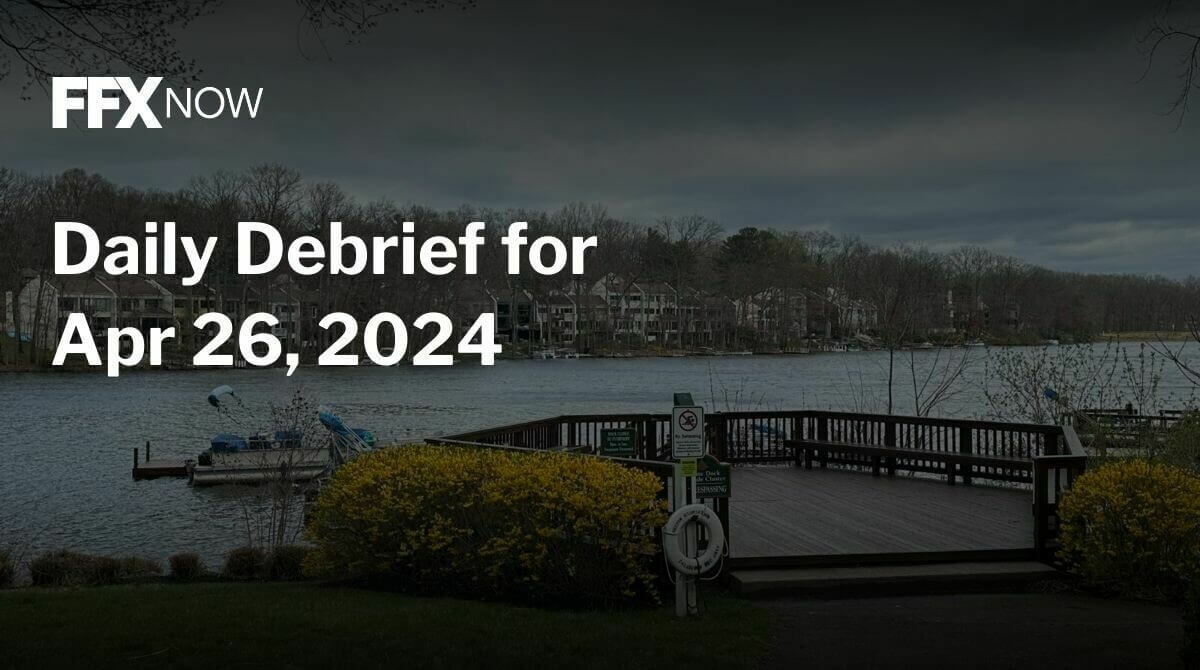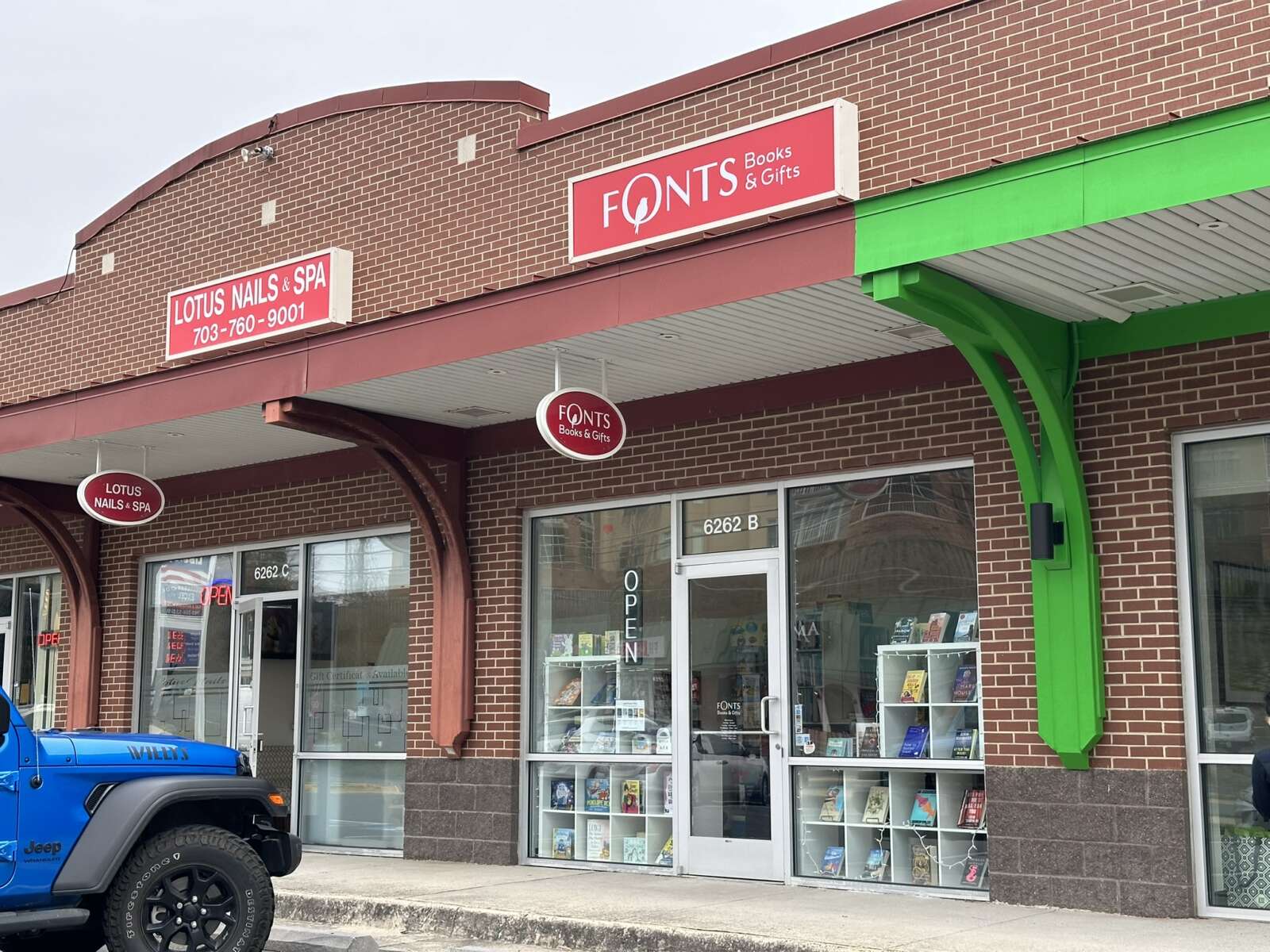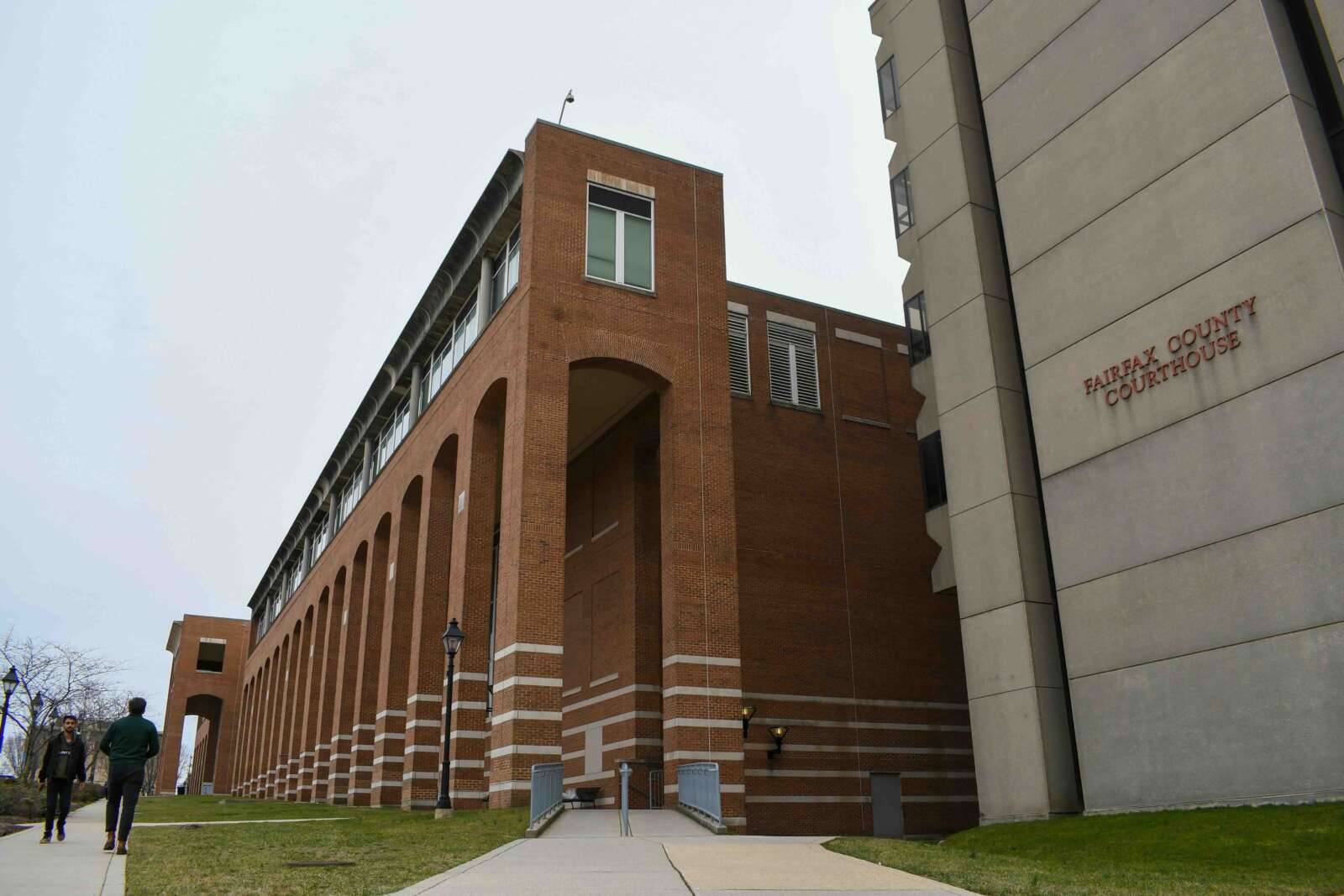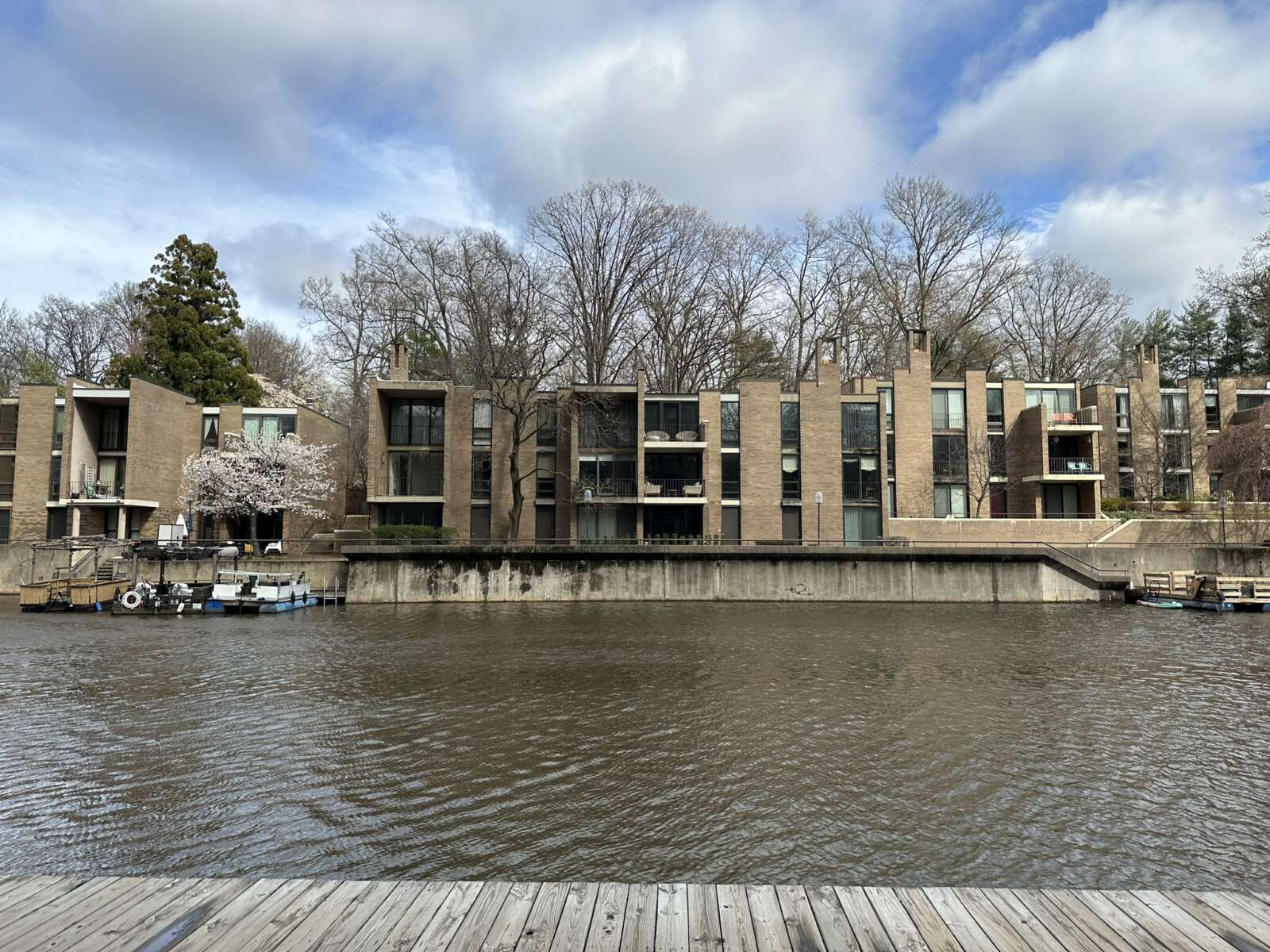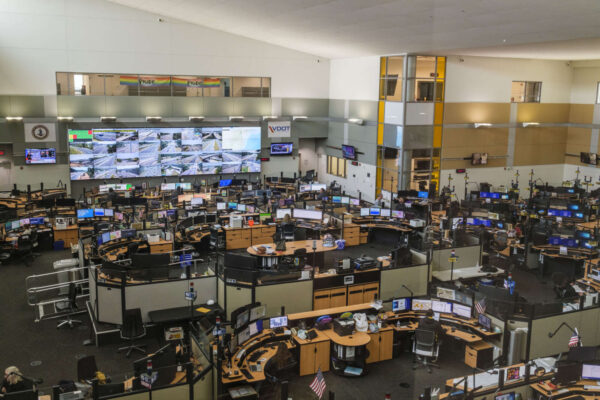
Handling 911 calls has never been a regular 9-to-5 job, but a national staffing shortage has increased the hours and pressure felt by call takers and dispatchers across the country.
Fairfax County’s Department of Public Safety Communications wasn’t spared from the workforce challenges that emerged during the COVID-19 pandemic, dropping from close to 180 staffers before 2020 to about 160 people right now.
The gap is sizable enough that workers are required to take about two overtime shifts every four months, but it’s not as drastic as the vacancy levels reported at other sites, even though the DPSC is the biggest 911 center in Virginia and one of the largest in the U.S., Computer Aided Dispatch (CAD) Officer Paul Ballerini says.
For instance, Richmond’s 911 agency, the state’s second largest center, reported earlier this year that it was 30 operators short, while D.C. had 39 call taker and dispatcher vacancies.
“Two additional mandatory shifts per person for a third of the year is not bad, especially hearing [about] other centers, reading online how some other similar-sized agencies are just doing tons of overtime,” Ballerini told FFXnow.
Initially, the pandemic didn’t have much of an impact on the 911 center. With people generally staying home and minimizing interactions with others, the volume of calls declined, according to Ballerini.
However, after a while, DPSC started seeing some of the same turnover that has hit other professions, from the police to trash collectors and restaurants.
“Like most other professions, people just started jumping jobs,” Ballerini said. “Not in a bad way, just people spent more time on themselves and learned about themselves and moved to other professions. So, we were hit the same as everybody else…so we started ramping up hiring and training.”
About 3,952 911 workers across 774 centers in the U.S. left the profession in 2022, often citing the stress of the job and options for better hours, pay and opportunities as their reasons for leaving, according to a study released earlier this year by the International Academies of Emergency Dispatch and National Association of State 911 Administrators.
While 27% saw no change in staffing levels over the past four years, nearly one-third of the study’s respondents reported vacancy rates of 30% or higher, including 13 that said at least 70% of their positions were unfilled.
Ballerini says Fairfax County’s current 911 staffing levels are slightly above its minimum standard after hitting maximum levels before the pandemic.
Every 12-hour shift must have at least four police dispatchers and four fire dispatchers on each of its four squads, which manage two district stations each. There are also ideally 20 call takers per day, though there can be as few as 13 people on the phones depending on the workload.
“Some people get through parts of training and realize it’s not for them and end up dropping out, but we work hard to try to stay consistent levels, not just for the public, but for morale inside the center,” Ballerini said. “I feel we’ve been pretty decent about doing that.”
Relief from mandatory overtime may be in sight for the county’s call takers, who handle incoming calls from the public, and dispatchers, who communicate information to first responders.
DPSC recently welcomed its latest class of trainees, adding six new call takers. As of July 13, all but one of them had completed their on-the-job training, which takes eight to 10 weeks, according to Ballerini.
Another cohort of nine recruits is undergoing 10 weeks of classroom training at the Public Safety Communications Training Academy, which accepts up to 10 people per class. After those recruits finish their on-the-job training this fall, Ballerini says DPSC anticipates that it’ll be able to reduce the amount of overtime required.
Recruiting for this fall’s academy is now underway, with a job posting open through Friday (July 28).
The 911 center is also hiring in preparation for the Lorton District Police Station’s impending opening in September. The new facility will help lighten the load for the Franconia and Mount Vernon stations, which are DSPC’s busiest.
“They’ve been…figuring out how to balance them out, so the quantity of calls or time spent on calls is supposed to be a lot more consistent across all stations,” Ballerini said. “That’s a hope for the future. It’s a police department initiative, but it’s going to benefit us as well.”
Recent Stories

The Gillion Academy’s Home School Basketball Program begins Fall 2024 for 7th – 12th Grade student-athletes to complete their online academic studies in a supervised and focused setting while receiving elite training from our professional basketball trainers at The Gillion Basketball Academy, a state of the art training facility in Springfield, Va. We have developed over 200 college athletes and placed over 50 players in the NBA and pro leagues overseas and provide the same level of training for our student-athletes.
We will have a virtual Open House Zoom on May 6th at 7:30PM so please go to our website to learn more about us and to fill out an interest form and register for the event and learn about the top training facility in the DMV area.
Any questions please email our Director at philip.budwick@gil-lionbasketballacademy.com.

For many remote workers, a messy home is distracting.
You’re getting pulled into meetings, and your unread emails keep ticking up. But you can’t focus because pet hair tumbleweeds keep floating across the floor, your desk has a fine layer of dust and you keep your video off in meetings so no one sees the chaos behind you.
It’s no secret a dirty home is distracting and even adds stress to your life. And who has the energy to clean after work? That’s why it’s smart to enlist the help of professionals, like Well-Paid Maids.
Pedal with Petals Family Bike Ride
Join us on Saturday, May 11th and ride into spring during our Pedal with Petals Family Bike Ride. Back for its second year, Pedal with Petals is going to be bigger than ever. This year’s event will include both an
Encore Creativity for Older Adults at Capital One Hall
Encore Creativity for Older Adults is pleased to raise the curtain and welcome community members to its spring concert at Capital One Hall in Tysons, VA on May 4, 2024. The concert, which starts at 3 PM, will bring hundreds


